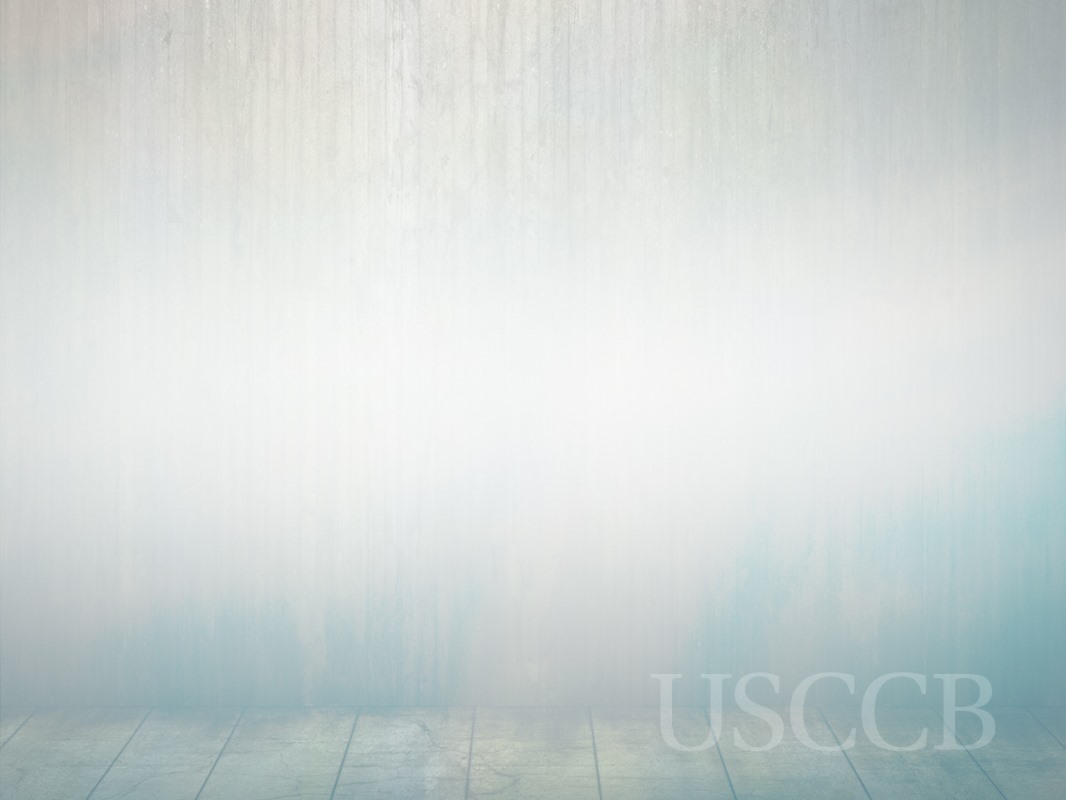

7
increasing number of foreign-born applicants, it is especially important
that the psychologist be familiar with any cultural factors that may affect
the reliability of the assessment findings.
9
Privacy and Confidentiality
The natural right to safeguard one’s privacy and the right to a good rep-
utation
10
means that while a psychological evaluation may be necessary
in assessing the applicant’s suitability for admission to the seminary, no
one can be forced or coerced into undergoing psychological evaluation
that violates an individual’s privacy. Therefore, as the
Guidelines
of the
Congregation for Catholic Education make clear, before any attempt
is made at undertaking a psychological evaluation, the applicant must
give explicit, free, and informed consent.
11
Admissions personnel would
do well to have an articulated policy about how applicants are to be
informed in advance of the nature of the process (what is involved in
the interviews, standardized tests, etc.); who will be conducting the
evaluation (the name and qualifications of the professionals involved);
how the information will be used (to whom the report will be shown
and its role in the admissions process); and how the information might
be used in the future (in providing remedial assistance if the applicant is
not immediately accepted or in assisting with the future formation of the
seminarian who is accepted).
12
While the applicant retains the right to privacy, the Church also has
the right and responsibility to choose only suitable applicants for admis-
sion to the seminary. This would seem to require a determination not
only of the absence of serious defects but also of the presence of positive
indicators of the candidate’s psychological health.
13
The psychological
9 PPF, no. 52.
10 Cf. CIC, c. 220; CCEO, c. 23.
11
Guidelines
, no. 12.
12 PPF, no. 57;
Guidelines
, no. 12.
13 In the Latin Church, CIC, c. 1052 §1 explicitly indicates that the bishop may proceed to
ordination only after an investigation has been conducted according to the norm of law and
“positive arguments have proven the suitability of the candidate.” See also CIC, c. 241 §1.

















